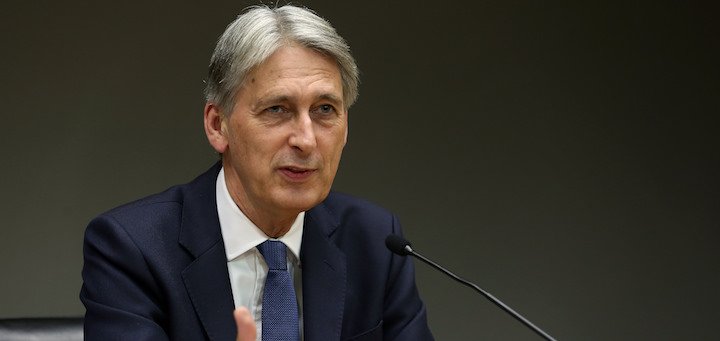The next business rates revaluation will take place in 2021, a year earlier than expected, chancellor Philip Hammond has announced.
Last year, Hammond announced that revaluations would move to a three-yearly cycle from 2022, to ease pressure on small businesses.
However, in this week’s spring statement, the chancellor announced he was bringing forward the next revaluation, basing it on market rental values at 1 April 2019.
Melanie Leech, chief executive of the British Property Federation, welcomed the decision but said her organisation will “continue to press for a more comprehensive review of the business rates system, which is looking increasingly outmoded in a multi-channel retail world”.
Helen Dickinson, chief executive of the British Retail Consortium, said: “More frequent revaluations are no easy task and require strong collaboration and exchange of information jointly between the Valuation Office and ratepayers.”
Others said the statement was a missed opportunity to provide more assurance to local authorities facing increased financial pressures.
Paul Dossett, head of local government at accountancy firm Grant Thornton UK, said: “There is some irony that since the last budget, it’s Conservative-led county councils who are feeling the most pain with Northamptonshire’s well-publicised problems and the challenges facing many others who have already increased their council tax or precept by the maximum amount.
“The growing crisis in children’s services remains unaddressed and, for many councils, the lack of government support until 2019/20, at the earliest, feels like a lost opportunity.”
Dosset claimed that the Fair Funding review, which closed last week, and the agenda of business rates retention were a “recipe for confusion, conflict and chaos”.
He said: “The government needs to get a grip of local government funding and commit to understanding the medium and long-term challenges better.”
John Fuller, chairman of the District Councils’ Network, said: “The chancellor has missed an opportunity to recognise the crucial role that district councils play in their communities, especially in health and prevention.
“District councils, who are closest to their communities, work hard to reduce the amount of people entering hospitals in the first place and to ensure those who need care can live independently at home for longer, once treated.
“We hope that government investment will be forthcoming soon to those councils who can help solve problems, one family at a time.”
Lord Porter, chairman of the Local Government Association, said: “The forecasts presented by the chancellor today of a growing economy is good for residents and businesses.
“Councils and their staff have strained every sinew to play a vital role in supporting local economies and communities through a difficult few years.
“If public finances improve as a result, it is vital that the government addresses the growing funding gaps facing councils.
“This is the only way to protect our vital local services over the next few years but also makes perfect economic sense for the government.
“Investing in local government will boost economic growth, reduce demand for services and save money for the taxpayer and others parts of the public sector, such as the NHS.”













